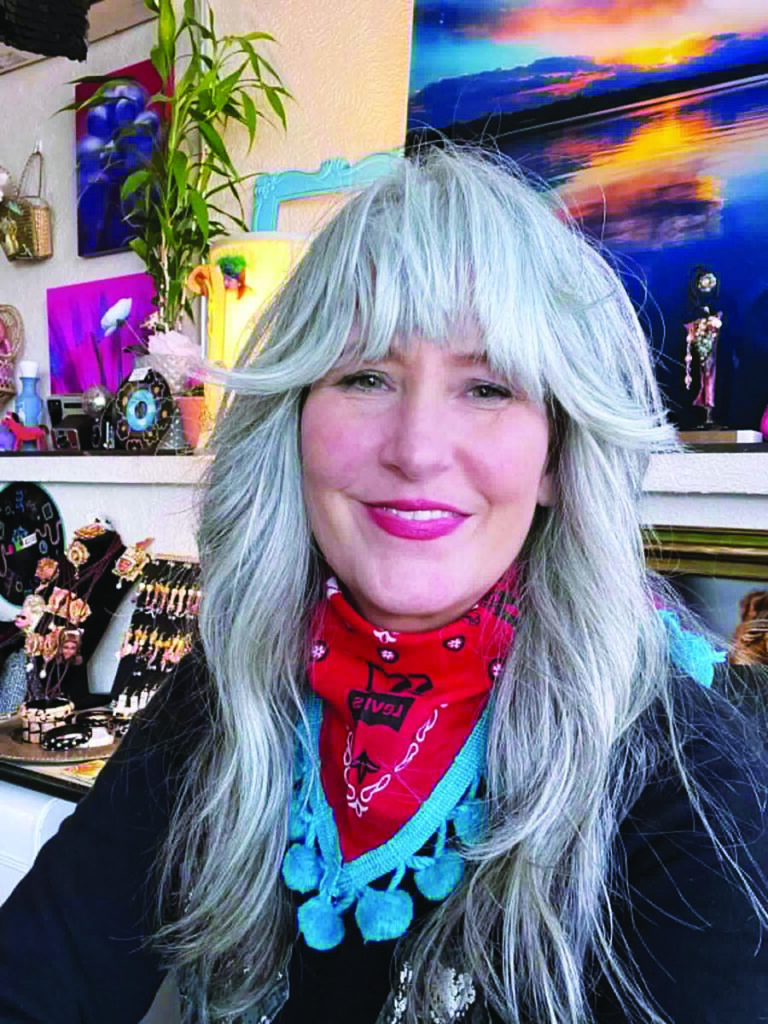Wheat Ridge City Council wants to see race-based covenants on private and public property – already illegal and unenforceable – restricted even further.
Former council member Zachary Urban initially raised the question of these covenants and how the city council could address their removal.
Incorporated in 1969, Wheat Ridge included subdivisions platted in Jefferson County as far back as the 1920s. Some of those subdivisions contained covenants precluding sales based on race.
No one knows how many such covenants exist, but they were a nationwide trend. Most were created in the 1930s, ‘40s and ‘50s.
Mayor Pro Tem Rachel Hultin found one attached to the Wheat Ridge home she and her family purchased in 2012.
“I was in real estate at the time so that wasn’t the first time I’d seen something like that, but it was pretty alarming,” she said in an interview.
Hultin said she knew such covenants are illegal and unenforceable, making hers not applicable. Still, she called it “really jarring” during a June 27 study session.
Hultin quoted from the covenant:
“Only persons of Caucasian race shall use or occupy any building on any lot. This covenant shall not prevent the use or occupancy by domestic servants of a different race, domiciled with, or an employee of, a white owner or tenant.”
Mayor Bud Starker noted the city’s efforts to negate race-based covenants are part of a national trend.
“To take responsibility to exorcise these types of covenants out of the record and affirm our direction,” he said.
Starker said the City of Denver had taken similar steps, and the Wheat Ridge Race and Equity Task Force, established last year, had discussed the issue.
“I don’t think these things are good for our community, our state or nation,” he added. “They’re kind of a scourge on our political system and we think it’s better to take affirmative action against it now.”
Councilmember Scott Ohm said such covenants give the wrong impression.
“Our goal is to have a welcoming community and we definitely don’t want to have someone calling this community and finding this on a covenant and think ‘this is not the community for me’,” he said in the study session.
Three steps outlined
City Attorney Gerald Dahl gave the council a memo with three steps the city could take directly or by urging private citizens to act:
• Removal of race-based covenants on city-owned property;
• Removal of race-based language from covenants affecting privately-owned property as a condition of future land use approvals; and
• A city council resolution expressing support for removing race-based covenants on private property.
Dahl noted both the U.S. and Colorado supreme courts found these covenants were illegal and unenforceable in 1948 and 1950. Colorado lawmakers also created a method for citizens to remove religious- or race-based covenants from their communities.
An attorney, title insurance company or authorized agent can add a notice to any deed, contract or other legal document affecting the transfer or sale of real property. These statements are filed with the appropriate county, but do not formally or legally remove the targeted covenant, Dahl said in the study session.
“It would note the covenant is illegal and unenforceable and is hereby ‘removed’ from the title of the property,” he added.
City property can be examples
Dahl said the city can already act on any property it owns, such as land dedicated for parks and lots in new subdivisions.
“At the present time, staff is not aware that the city owns any property subject to such a covenant,” Dahl wrote.
“It’s not a huge inventory of property but there are buildings, parks and lots,” he added in an interview. “Of course, the city can’t tell a private property owner to do this but it can help provide the forms and instructions.”
Dahl also noted property owners do not have to wait for the sale of their property to amend their title; they can act at any time.
Dahl stated the council could amend the city land use code to require a plat note on new subdivisions and re-subdivisions. The notes would emphasize that race-based covenants are illegal and unenforceable.
“It isn’t so much requiring the private property to remove them, but it requires that note to be placed on the subdivision,” Dahl said in the study session. “That’s as close as I’m comfortable advising the city to require people to put something on their title.”
Two weeks later, the council considered and approved, X to X, a resolution that directs city staff to take action to implement the three steps in Dahl’s memo. (See sidebar).
Communication is key
Hultin called the city council’s intentions a “good start” to hopefully purge the covenants from titles for property in Wheat Ridge.
“The tricky thing is how do we communicate that because it’s awkward and uncomfortable as a city to say we’d like to let people know these covenants exist and we’d like to help them erase it,” she said in the study session. “We’re gonna have to find a balance between making it accessible and letting people know what’s out there.”
Hultin said the key to diminishing the presence of these stipulations would be to help residents take steps to invalidate race-based covenants on their property.
“It’s important to recognize this was part of our history,” she added. “But I’m glad we’re willing to address this now and not ignore it any longer.”
Race- And Religion-Based Covenants Now Officially Illegal In Wheat Ridge
At its July 25 regular meeting, Wheat Ridge City Council voted 7-0 on a resolution declaring race- and religion-based covenants illegal, unenforceable and “antithetical to the values of the City and its residents,” and taking specific steps to further that. Specifically, Resolution 33 directs staff to:
• Search the titles of all city property for race- and religion-based covenants and, if found, remove them as allowed by state law;
• Bring to council an additional resolution amending the city’s Land Use Code to require a “plat note” be affixed to any resubdivision of property within the city, stating race- and religion-based covenants are illegal and unenforceable; and
• Prepare and provide materials for private property owners to use in removing race- and religion-based covenants from their titles, as allowed by state law.
Before the vote, only one resident made a comment, asking if the resolution would address protected classes, i.e., sex (no, answered City Attorney Gerald Dahl), and only councilors Rachel Hultin, Janeece Hoppe and Scott Ohm (inaudible in the meeting recording) spoke, to thank staff and council for their work on the resolution. “This is a good start but we shouldn’t stop here,” said Hoppe. “We need to continue to be looking at, what are things in our past, and what are things maybe we are doing today, that are keeping Wheat Ridge from being a community that everybody can call home.” –J. Patrick O’Leary






